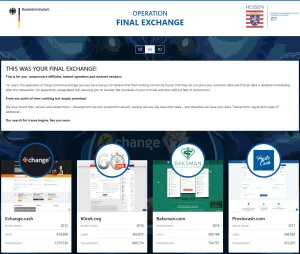A rare CryptoPunk NFT recently sold for only 10 ETH (~$25,300), despite a market value that's likely around 600 ETH (~$1.5 million). The sale went through thanks to lingering smart contracts from a defunct NFT fractionalization platform called Niftex, which allowed people to buy and sell "shards" of various NFTs. Niftex launched in November 2020, and is now defunct, with its domain redirecting to the Kraken cryptocurrency exchange.The platform's smart contracts remain operational, however, and so despite the lack of a frontend website for the platform, the backend still remains. A trader was able to use these smart contracts to trigger a feature that allows a buyout of the fractional shard holders which, if not countered by someone else, automatically goes through in 14 days. The bidder proposed a purchase of 0.001 ETH per share, and without an operational Niftex frontend, no one noticed. The bid went through, and the trader successfully purchased all 10,000 shares — and thus, the NFT — for 10 ETH.
Since then, several people have offered to purchase the NFT for amounts ranging from 100 to 605 ETH. If the new owner were to accept the 605 ETH bid, they would 60x their purchase price.
One owner of a fractionalized share said he thought he had managed to successfully block the sale, but miscalculated. "GG to the new owner", he wrote. He wrote on Twitter, "I don’t consider this a heist. It’s an arb. The smart contract worked as intended. If you want decentralized systems you have to take the good with the bad. It’s part of the game. It’s why we’re here. If you don’t like those rules, you probably shouldn’t be playing."









































